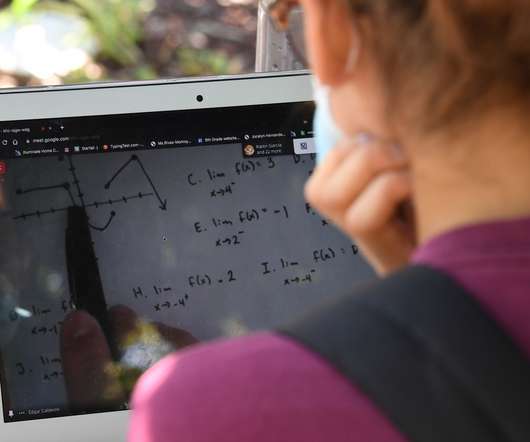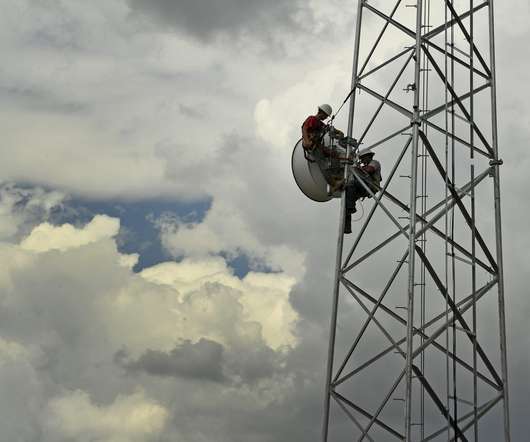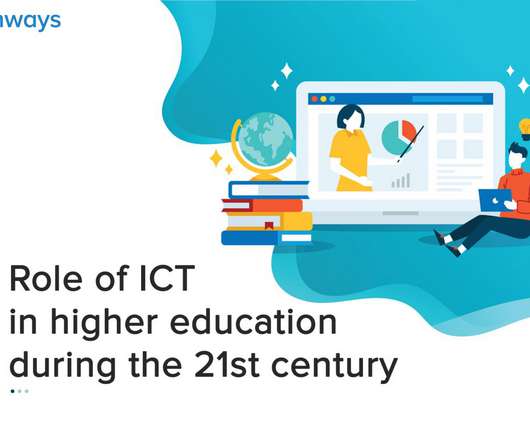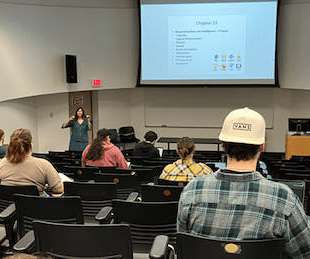U.S. K-12 Educational Technology Policy: Historical Notes on the Federal Role
Doug Levin
APRIL 21, 2016
Finally, somewhat for the sake of brevity, I have excluded consideration of the role of the E-rate (which is overseen by the Federal Communications Commission and not the U.S. The Effectiveness of Educational Technology: Issues and Recommendations for the National Study (Mathematica Policy Research, 2003).













































Let's personalize your content